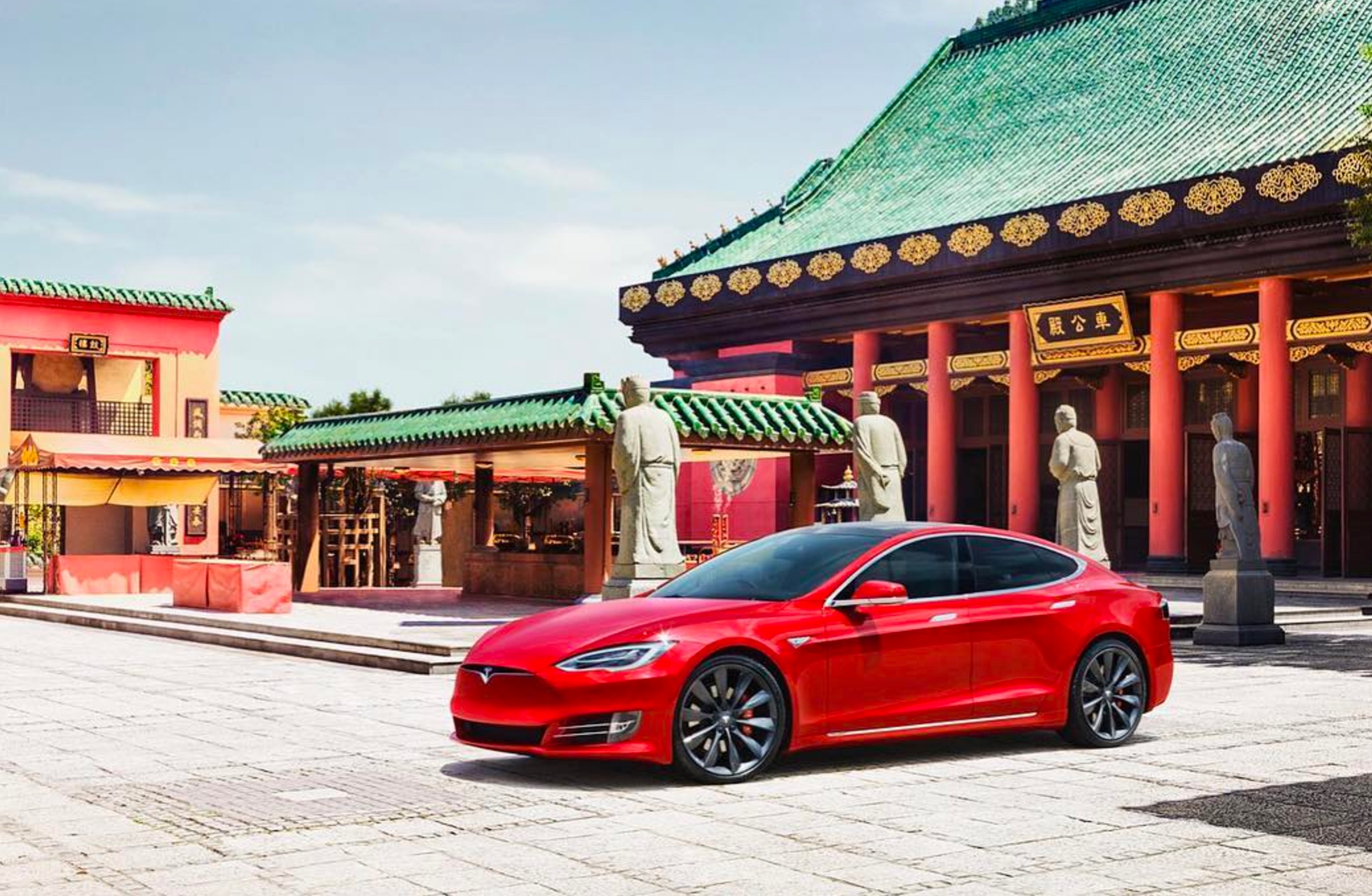
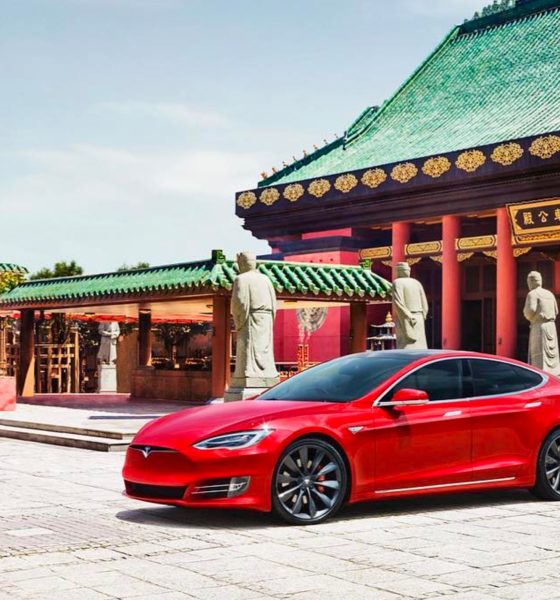
Energy
Tesla reportedly closing in on China deal to produce cars from local factory
Tesla is close to securing a deal with the city of Shanghai that would allow the Silicon Valley-based electric carmaker to produce vehicles in China, according to a newly published report by Bloomberg.
Chinese regulations require Tesla to enter into a joint venture with a local company to manufacture vehicles in the country. Having a presence in the world’s largest electric vehicle market is a critical next step for Tesla as it seeks to scale production globally. Tesla has previously shared that it is looking to build vehicles and batteries in China which would allow the company to avoid a 25% tariff on vehicles it sold in the country. Last year, Tesla’s sales in China tripled to over $1 billion, or roughly 1/7th of its total sales.
With China serving as a hotbed for plug-in vehicles and manufacturing, it would be an ideal location for Tesla to lay down the framework for its customers in Asia. China is also home to 1/6th of the world population, and with its ever growing middle class represents a large market for its upcoming affordable Model 3 sedan.
The Chinese plug-in vehicle market is on the rise, as the country seeks to pivot away from smog producing internal combustion vehicles in favor of clean energy vehicles like Tesla’s Model S and Model X. To support these clean energy vehicles, China has exempted buyers from paying sales tax which can reach upwards of 115% of the purchase price of the vehicle.
The report by Bloomberg comes on the heels of the announcement that more than 6% of Tesla’s global sales were in Hong Kong, of which 7% of all vehicles sold were Teslas. That will likely change if proposed changes to the EV incentives are put into effect which would nearly double the price of a new Tesla.
~7% of cars sold in Hong Kong in 2016 were Tesla – Bloomberg https://t.co/TX6W2RoKqo pic.twitter.com/VSoHaomeTl
— Evans Electric (@tsport100) June 20, 2017
Tesla currently builds all of its vehicles in its Fremont factory in northern California and ships them to customers across the globe, though the other half of its supply chain is firmly rooted in batteries. Production of its newest 2170 lithium ion battery cells – the same cells being used in Tesla’s Model 3 – is taking place exclusively at Gigafactory 1 in Sparks, Nevada. Contrary to early beliefs that Tesla would migrate the 2170 cell to its flagship vehicles, Tesla CEO Elon Musk confirmed that Model S and Model X battery packs would not be updated from the existing 18650 battery cell form factor.
Building a Gigafactory in close proximity to Panasonic’s existing Chinese factories like its recently opened factory in Dalian, China would drastically cut the length of the supply chain and minimize potential disruptions.
We have reached out to Tesla for comment and will update this story accordingly as we learn more.

Energy
Tesla Powerwall distribution expands in Australia
Inventory is expected to arrive in late February and official sales are expected to start mid-March 2026.
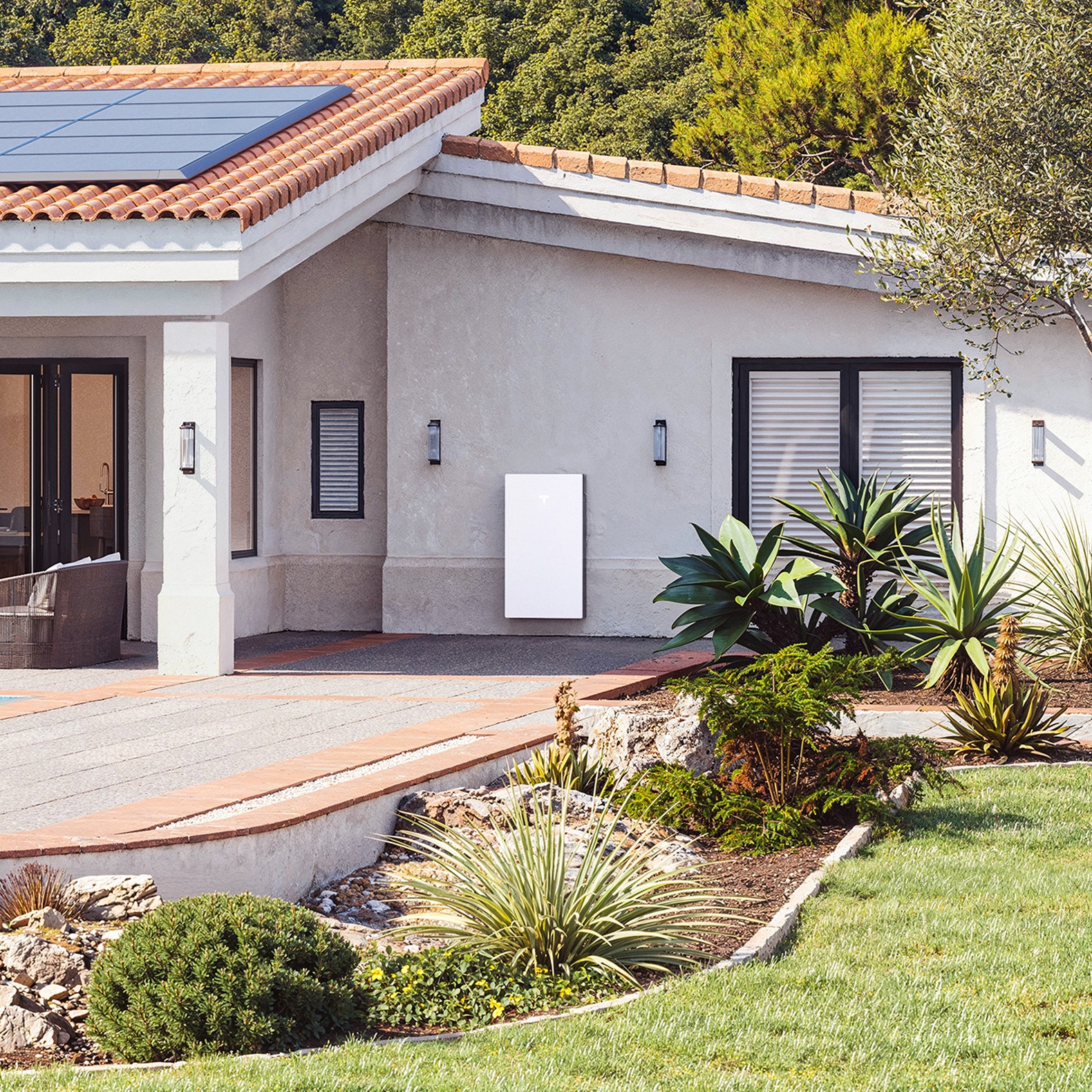
Supply Partners Group has secured a distribution agreement for the Tesla Powerwall in Australia, with inventory expected to arrive in late February and official sales beginning in mid-March 2026.
Under the new agreement, Supply Partners will distribute Tesla Powerwall units and related accessories across its national footprint, as noted in an ecogeneration report. The company said the addition strengthens its position as a distributor focused on premium, established brands.
“We are proud to officially welcome Tesla Powerwall into the Supply Partners portfolio,” Lliam Ricketts, Co-Founder and Director of Innovation at Supply Partners Group, stated.
“Tesla sets a high bar, and we’ve worked hard to earn the opportunity to represent a brand that customers actively ask for. This partnership reflects the strength of our logistics, technical services and customer experience, and it’s a win for installers who want premium options they can trust.”
Supply Partners noted that initial Tesla Powerwall stock will be warehoused locally before full commercial rollout in March. The distributor stated that the timing aligns with renewed growth momentum for the Powerwall, supported by competitive installer pricing, consumer rebates, and continued product and software updates.
“Powerwall is already a category-defining product, and what’s ahead makes it even more compelling,” Ricketts stated. “As pricing sharpens and capability expands, we see a clear runway for installers to confidently spec Powerwall for premium residential installs, backed by Supply Partners’ national distribution footprint and service model.”
Supply Partners noted that a joint go-to-market launch is planned, including Tesla-led training for its sales and technical teams to support installers during the home battery system’s domestic rollout.
Energy
Tesla Megapack Megafactory in Texas advances with major property sale
Stream Realty Partners announced the sale of Buildings 9 and 10 at the Empire West industrial park, which total 1,655,523 square feet.
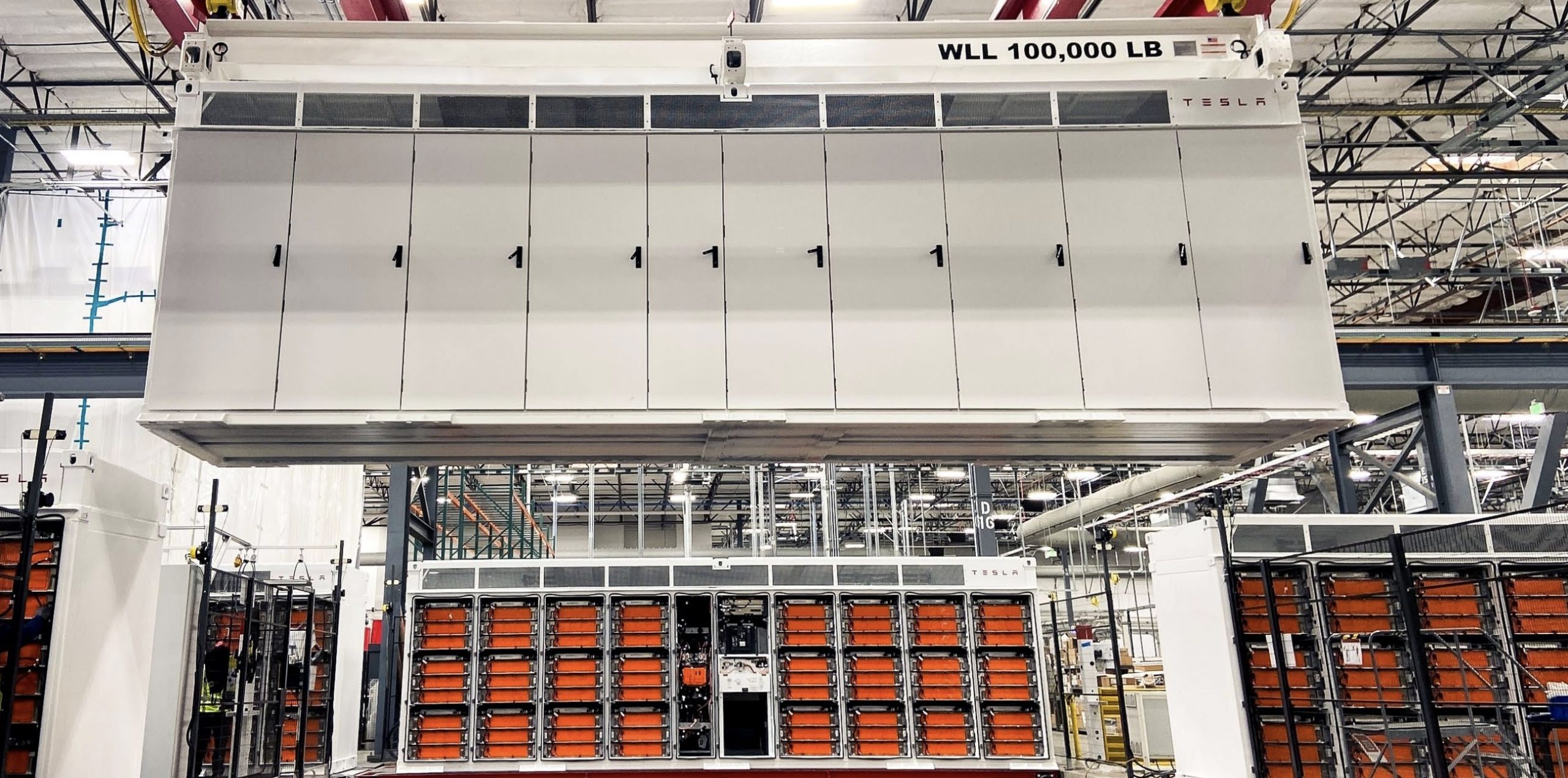
Tesla’s planned Megapack factory in Brookshire, Texas has taken a significant step forward, as two massive industrial buildings fully leased to the company were sold to an institutional investor.
In a press release, Stream Realty Partners announced the sale of Buildings 9 and 10 at the Empire West industrial park, which total 1,655,523 square feet. The properties are 100% leased to Tesla under a long-term agreement and were acquired by BGO on behalf of an institutional investor.
The two facilities, located at 100 Empire Boulevard in Brookshire, Texas, will serve as Tesla’s new Megafactory dedicated to manufacturing Megapack battery systems.
According to local filings previously reported, Tesla plans to invest nearly $200 million into the site. The investment includes approximately $44 million in facility upgrades such as electrical, utility, and HVAC improvements, along with roughly $150 million in manufacturing equipment.
Building 9, spanning roughly 1 million square feet, will function as the primary manufacturing floor where Megapacks are assembled. Building 10, covering approximately 600,000 square feet, will be dedicated to warehousing and logistics operations, supporting storage and distribution of completed battery systems.
Waller County Commissioners have approved a 10-year tax abatement agreement with Tesla, offering up to a 60% property-tax reduction if the company meets hiring and investment targets. Tesla has committed to employing at least 375 people by the end of 2026, increasing to 1,500 by the end of 2028, as noted in an Austin County News Online report.
The Brookshire Megafactory will complement Tesla’s Lathrop Megafactory in California and expand U.S. production capacity for the utility-scale energy storage unit. Megapacks are designed to support grid stabilization and renewable-energy integration, a segment that has become one of Tesla’s fastest-growing businesses.
Energy
Tesla meets Giga New York’s Buffalo job target amid political pressures
Giga New York reported more than 3,460 statewide jobs at the end of 2025, meeting the benchmark tied to its dollar-a-year lease.
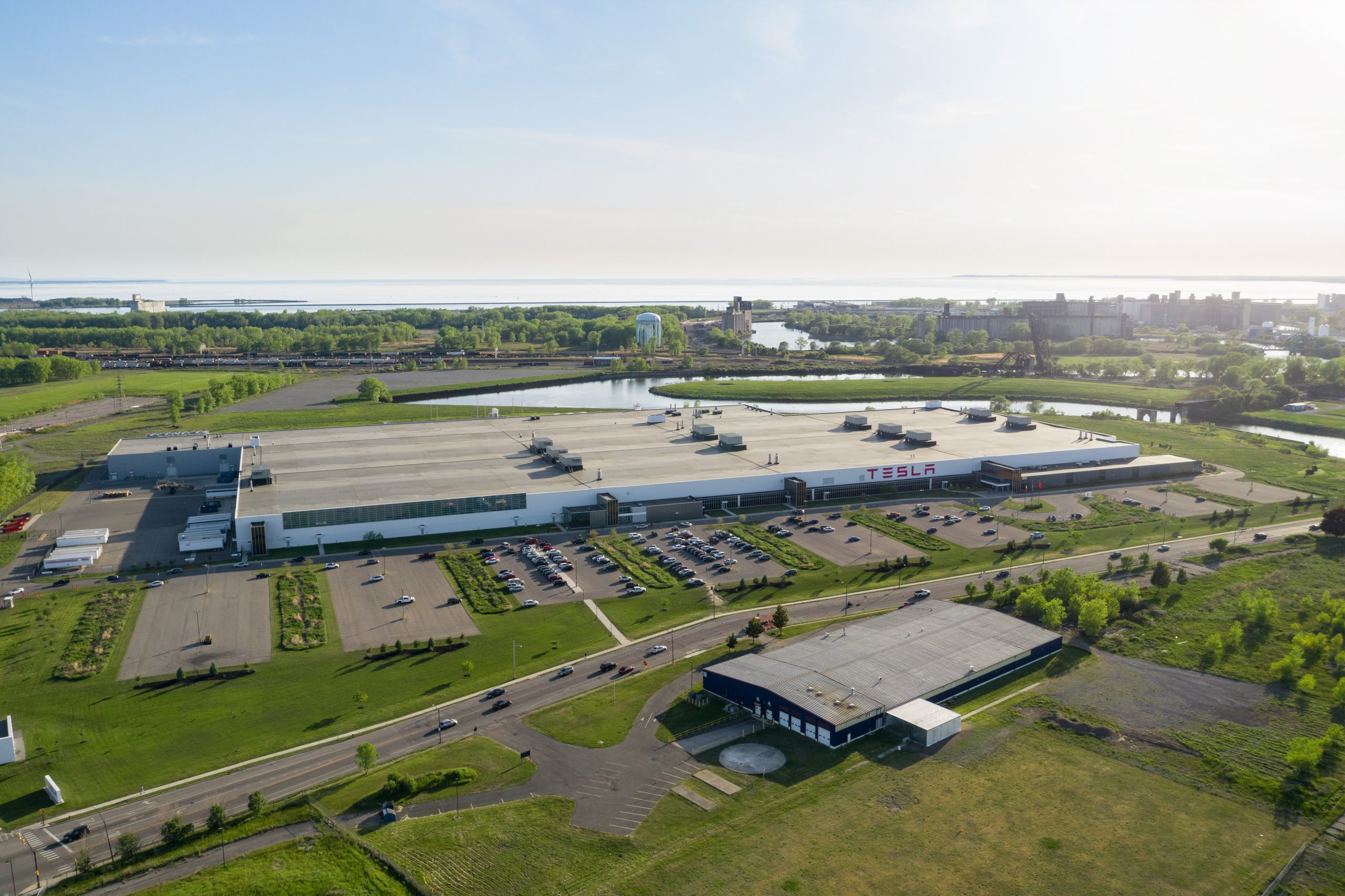
Tesla has surpassed its job commitments at Giga New York in Buffalo, easing pressure from lawmakers who threatened the company with fines, subsidy clawbacks, and dealership license revocations last year.
The company reported more than 3,460 statewide jobs at the end of 2025, meeting the benchmark tied to its dollar-a-year lease at the state-built facility.
As per an employment report reviewed by local media, Tesla employed 2,399 full-time workers at Gigafactory New York and 1,060 additional employees across the state at the end of 2025. Part-time roles pushed the total headcount of Tesla’s New York staff above the 3,460-job target.
The gains stemmed in part from a new Long Island service center, a Buffalo warehouse, and additional showrooms in White Plains and Staten Island. Tesla also said it has invested $350 million in supercomputing infrastructure at the site and has begun manufacturing solar panels.
Empire State Development CEO Hope Knight said the agency was “very happy” with Giga New York’s progress, as noted in a WXXI report. The current lease runs through 2029, and negotiations over updated terms have included potential adjustments to job requirements and future rent payments.
Some lawmakers remain skeptical, however. Assemblymember Pat Burke questioned whether the reported job figures have been fully verified. State Sen. Patricia Fahy has also continued to sponsor legislation that would revoke Tesla’s company-owned dealership licenses in New York. John Kaehny of Reinvent Albany has argued that the project has not delivered the manufacturing impact originally promised as well.
Knight, for her part, maintained that Empire State Development has been making the best of a difficult situation.
“(Empire State Development) has tried to make the best of a very difficult situation. There hasn’t been another use that has come forward that would replace this one, and so to the extent that we’re in this place, the fact that 2,000 families at (Giga New York) are being supported through the activity of this employer. It’s the best that we can have happen,” the CEO noted.









